
Flight delays and cancellations can be a huge inconvenience. Find out what the common causes of flight cancellations are and what you should do if your flight is cancelled or delayed.
Common Causes of Flight Cancellations and Delays
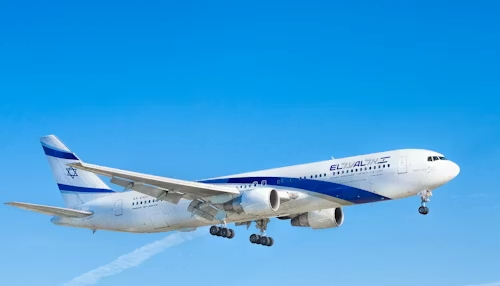
Source from Unsplash
- Weather Conditions: Inclement weather is the most common cause of flight cancellations. Events such as typhoons, thunderstorms, blizzards, and heavy fog can easily lead to flight disruptions. In regions like Taiwan, typhoons are a frequent weather-related cause of grounded flights.
- Mechanical Issues: Aircraft undergo rigorous inspections before takeoff. If a mechanical fault is detected, repairs must be carried out to ensure flight safety. In cases of severe issues, the flight may be canceled altogether.
- Air Traffic Control: Airports may implement traffic restrictions during periods of high congestion. Additionally, airspace conditions at a national level can also impact flight schedules.
- Labor Disputes and Strikes: Strikes by pilots, ground staff, or flight attendants due to labor conflicts are another common reason for cancellations. However, such strikes are usually announced in advance, allowing passengers time to make alternative arrangements.
- International Situations: Changes in the global landscape, such as wars or disease outbreaks, can significantly impact national and aviation safety, leading to the cancellation of numerous flights.
- Passenger Incidents: Unforeseen situations involving passengers, such as unruly behavior, medical emergencies, or acts of aggression onboard, may also result in flight cancellations or diversions.
What to Do If Your Flight Is Canceled
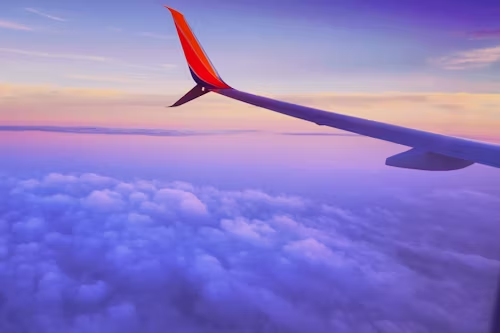
Source from Unsplash
Everyone hopes for a smooth journey and a safe return home, but sometimes unforeseen circumstances lead to flight cancellations. When this happens, responding calmly and correctly can help minimize losses and inconvenience. Below is Trip.com's recommended step-by-step process for handling a flight cancellation.
Step 1: Confirm the Flight Cancellation
Verify whether your flight has actually been canceled. Check the airport's flight status boards, the airline's official website or app, and your email for an official notification.
Step 2: Check for Alternative Flights and Understand Your Refund Options
Confirm if the airline has arranged an alternative flight and see if the new schedule works for you. Alternatively, the airline may offer a full refund or a travel voucher. In addition to a refund or rebooking, you may also be entitled to compensation for meals and accommodation.
If you booked your ticket through a travel agency, contact them to handle the rebooking or refund. Alternatively, ask if they can authorize you to deal directly with the airline.
Step 3: Adjust Your Subsequent Travel and Accommodation Plans
Once you have confirmed your new flight or initiated a refund, proceed to adjust the rest of your itinerary and accommodation. Making these changes promptly can help reduce additional costs.
Step 4: Request an Official Certificate of Disruption
This is a crucial step. Be sure to obtain an official certificate of delay or cancellation from the airline's service counter at the airport. This document is essential for any insurance claims.
Ensure the certificate clearly states the duration of the delay and the reason for the cancellation.
Step 5: File a Travel Insurance Claim
Use the official flight disruption certificate and other relevant documents to file a claim with your travel insurance provider.
When you book your flight on Trip.com, consider adding AirHelp+ Delay Protection for a small extra fee. This service provides an additional layer of protection. In the event of a cancellation or significant delay, Trip.com will assist you in claiming compensation from the airline, saving you the hassle of negotiating directly.
How to Claim Compensation for Delayed or Canceled Flights?
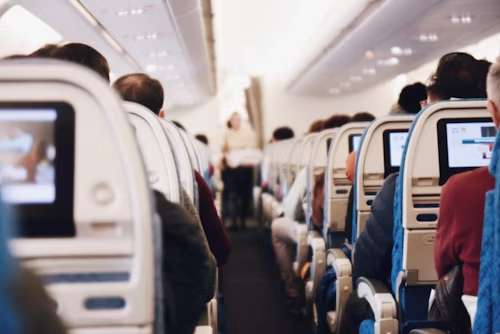
Source from Unsplash
Step 1: Review Your Eligibility
Before taking action, verify whether your delayed or canceled flight meets the criteria for compensation. Policies vary by airline—some may process refunds automatically, while others might provide travel vouchers rather than monetary reimbursement.
Step 2: Submit Your Formal Request
Use the airline’s designated process to file your claim, which may include online forms, email submissions, or customer service channels. If the procedure is complex, consider engaging a professional claims service to assist.
Step 3: Monitor Your Claim’s Progress
After submitting your request, keep track of its status and follow up persistently. Airlines often do not provide clear timelines, so consistent follow-up is important for a successful outcome.
Step 4: Pursue Travel Insurance Reimbursement
If the airline denies your claim or you have incurred additional expenses, you may file a claim with your travel insurance provider. Be sure to include all required documentation, such as receipts and completed forms, typically within 30 days of your trip.
Travel Insurance for Flight Cancellations: What’s Covered?
- Comprehensive Travel Protection: Most travel insurance plans provide coverage for trip interruptions and cancellations, typically including reimbursement for accommodation costs, alternative transportation expenses, and essential purchases when baggage is delayed.
- Customized Plan Options: The optimal travel insurance for flight-related disruptions should be selected based on your specific travel itinerary and needs.
- Trip.com Insurance Solutions: Through our partnership with leading insurers like AXA, Trip.com offers integrated flight and hotel protection plans that provide coverage for qualified cancellations and delays.
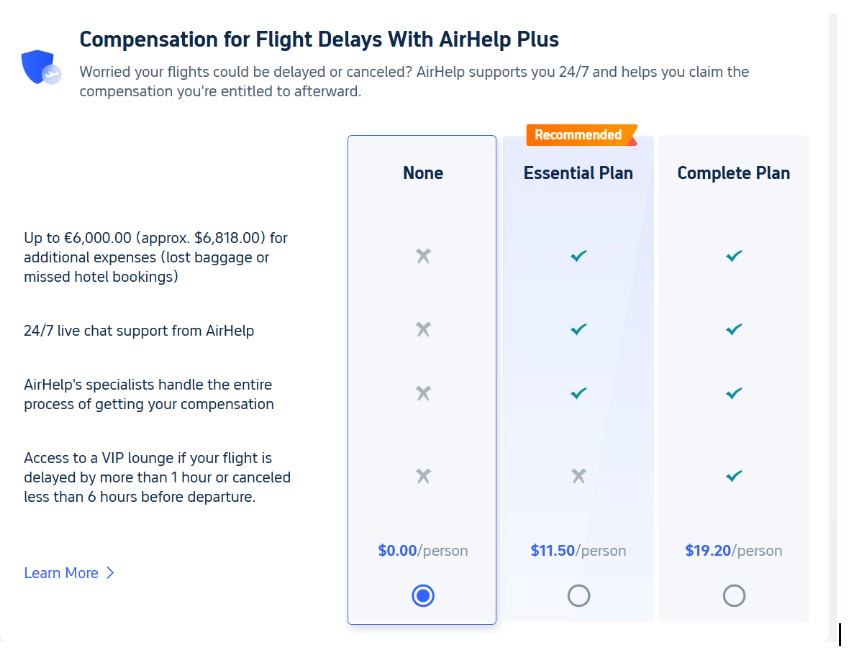
Plan Options:
- Essential Plan – Basic coverage for common travel issues.
- Complete Plan – Broader protection with higher reimbursement limits.
How to Rebook or Reschedule a Cancelled Flight?
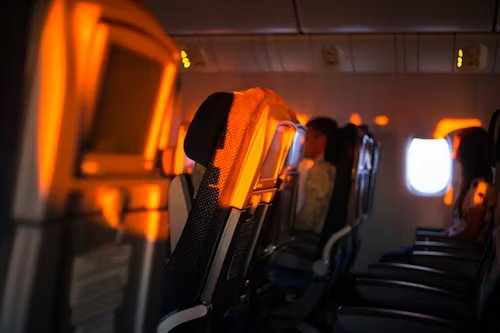
Source from Unsplash
If your flight is cancelled, you can often rebook directly through Trip.com’s website or app. Check for available alternative flights and reschedule online. If you run into issues, Trip.com’s customer support can assist with finding a new departure time.
Trip.com Rebooking Tips
- Use Trip.com’s customer support chat for faster assistance.
- Try checking flights from nearby airports if your original one is full.
- Explore alternative airlines through Trip.com to find the best options.
- Avoid peak hours when calling for support; early mornings or late nights often work best.
Airline-Specific Policies for Flight Cancellations and Delays
In contrast to many other regions, the United States has limited federal regulations protecting passengers on delayed or cancelled flights. Compensation in these situations is primarily determined by each airline's individual policy, rather than being mandated by law. This means that what passengers receive—whether it's rebooking, a voucher, or a refund—can differ significantly from one carrier to another.
For instance, the compensation and rebooking approaches of major Australia airlines like Virgin Australia, Jetstar and Qantas can differ substantially.
The following table, sourced from the U.S. Department of Transportation, provides a general overview of airline policies, but these are subject to change. For the most accurate and current information, always refer directly to your airline’s official website.
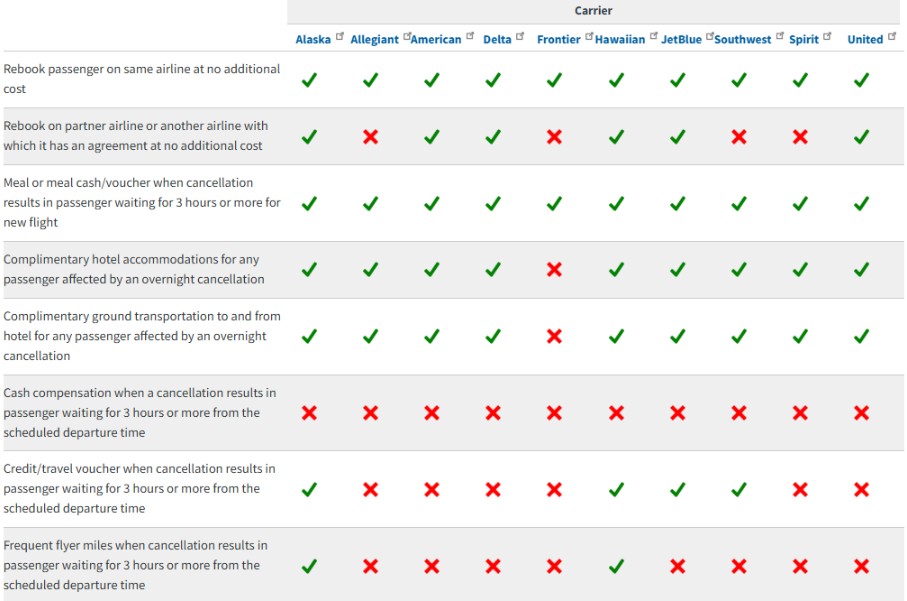
U.S. Department of Transportation
FAQs about Flight Cancellation and Delay
What happens if your flight is delayed then cancelled?
If your flight is delayed, your airline has a duty of care to look after you. This can include providing food and drink as well as accommodation if you're delayed overnight. If your flight is cancelled, you should be offered a choice of a refund or alternative travel arrangements at the earliest opportunity.How long does a flight have to be delayed to get compensation?
A flight must be delayed by at least three hours for domestic flights or six hours for international flights to be eligible for a refund if you choose not to travel. For delays within the airline's control, some airlines may also offer compensation for costs like meals or hotels.What happens if a flight is delayed or cancelled?
If your flight is experiencing a long delay or is cancelled, ask airline staff if they will pay for meals or a hotel room or compensate you for your time. While some airlines offer these amenities to passengers, others may not provide amenities to stranded passengers.



 NO.1
NO.1













